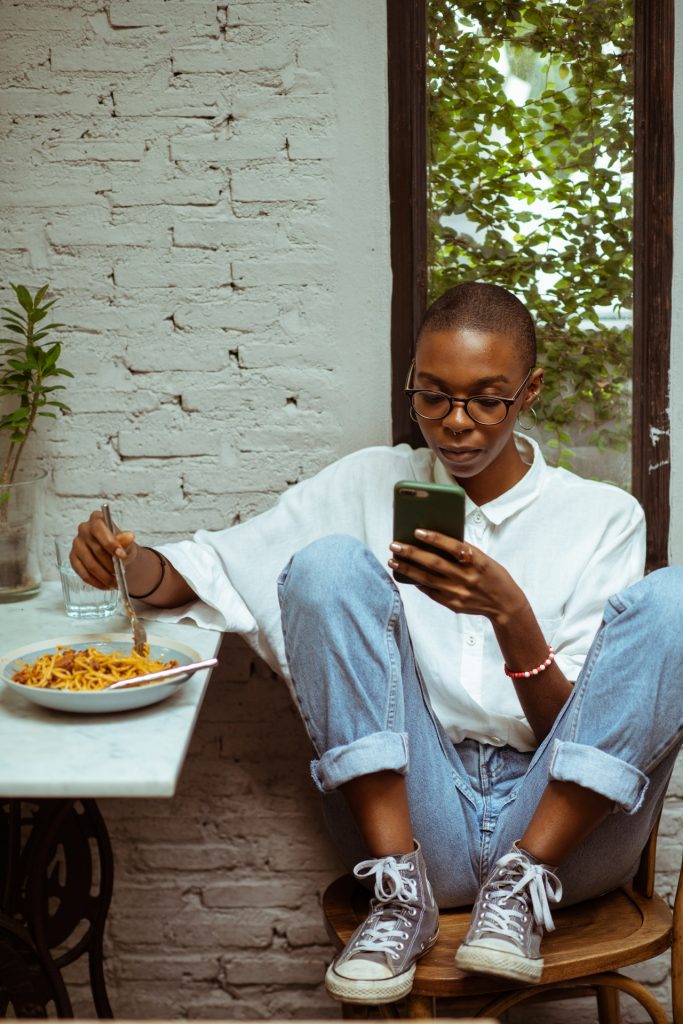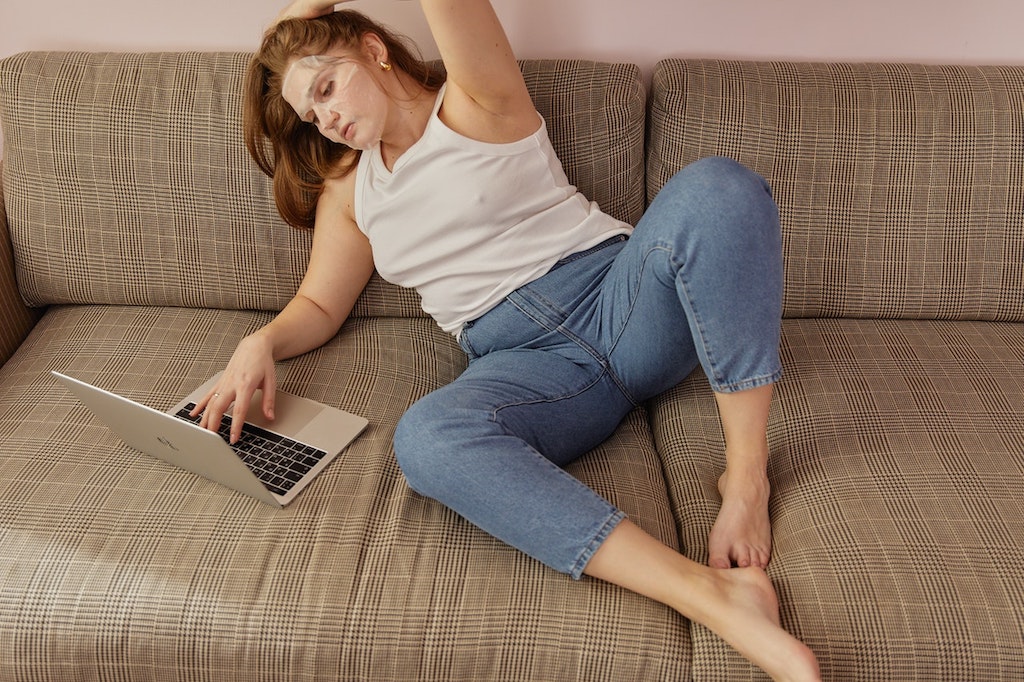The COVID-19 pandemic has led to changes in just about every part of our lives, and our living arrangements have suddenly not been spared these seismic shifts.
Over the past 18 months, regarding searches for properties to rent and buy, places by the sea overtook the UK’s main urban centres for the first time, with Cornwall now the most popular search term on the property portal Rightmove.
But that’s not been the only major shift. In February 2020, pre-pandemic, two bed and one bed flats were the property type seeing the most enquiries. But by February 2021, the most sought after property types were two bed houses, with people clearly keen for more space after a year spent largely indoors.
That said, this is only a snapshot of the myriad ways in which we’re living differently in 2021. Above all else, the coronavirus crisis has highlighted just how important having our ‘own space’ is, whether that’s by moving somewhere larger, or by moving out of claustrophobic shared accommodation arrangements in order to live alone.
For those doing the latter, whether it’s out of choice or necessity, the change to solitary living can sometimes come as a bit of a shock. With that in mind, here are 8 useful tips for living alone first timers.
GIVE YOUR BEST FRIEND SOME SPARE KEYS
A practical tip if ever there was one, but living alone does require a little pragmatism. Because though flying solo for the first time may be certainly exciting, in the words of Major Lazer, we all need someone to lean on.
Should you suffer a bout of forgetfulness and misplace your keys, there’s not going to be anyone at home to let you in, so it’s a wise move to give a best friend or trustworthy neighbour a set of spare keys, just in case.
BUDGET & SAVE ON EXPENSES
Living alone can be expensive, so it’s essential that you find ways of saving money to ensure you have a fallback in case of emergencies around the house. New purchases for the home, fixing minor issues, making adjustments…the financial burden is going to fall on your shoulders, so setting a little aside each month is wise to cover these inevitable costs.
You can also focus your efforts on learning how to reduce your monthly bills, both by being smarter with your usage and switching provider, if necessary. If you’re unsure about the best way to approach this, check out these guides to save money on your energy and water.
MASTER COOKING FOR ONE
Solo cooking can be a challenge. It’s all too easy to just eat beans on marmite toast ad infinitum (just us?) or to grab a takeaway when the mood takes you, which, let’s face it, is every night.
But putting the effort into your cooking really pays off. Firstly, cooking each night is a little act of self respect and self care that goes such a long way. Secondly, you can control what goes into your meals, and embrace a good dose of health eating in the process. And finally, cooking can be a whole lot of fun!
The trick here is to plan and prep so you can use leftovers and close-to-expiring ingredients skilfully. Today’s risotto could be tomorrow’s arancini balls. Your beef ragu can be turned into a lasagna, a cottage pie, chilli con carne or taco topping. That massive bag of carrots you had to buy can be redeployed as a dip for hummus, a carrot soup or even made into a quick pickle to liven up your next salad…
Hey, this stuff almost writes itself (we wish it did, you know).
Read: 5 easy, delicious meals you can make from your store cupboard and freezer

MAKE THE EFFORT TO SOCIALISE
When you’re living alone, it can be all too easy to fall into a life of relative solitude. Humans are social creatures, dependent on the validation, support and even occasional criticism of their peers for survival. Spending time with loved ones is one of the best things you can do for your mental health, but the fact that you can’t meet up with people face-to-face quite so easily right now shouldn’t stand in your way.
Set a date each month to meet up with a group of friends or family members, or make it part of your routine to have a daily check in with loved ones on Zoom or even over WhatsApp. Making contact feel special and meaningful, as well as predictable, is particularly reassuring for the more elderly members of your family or friendship circle, so make an effort to schedule socialising into your calendar rather than leave it to chance.
Endeavour to invite your friends over to your digs regularly for a catch up or even a meal, too. Because solitary living needn’t be lonely…
Learn how to become the hostess with the mostess here.

LISTEN TO THE RADIO
If you feel like you’re lacking social contact, camaraderie and companionship, then the gentle hum of the radio in the background can really help.
According to the Radio Advertising Bureau, listening to the radio makes people happier and boosts levels of energy. As we mentioned earlier, human beings are social creatures, and even listening to radio presenters interacting with one another can make us feel part of something, which in turn helps to generate happiness.
What’s more, listening to music causes the brain to release dopamine, a feel-good chemical which instantly lifts our mood.
Hey, being alone suddenly sounds pretty fun to us!
CONSIDER A PET
Pets are great for those who live alone because they provide companionship and unconditional love. Walking them can also be a good form of exercise if you’re looking to get out more.
Even something as simple as playing with your pets for a few minutes each day will not only increase your levels of daily exercise but can also boost oxytocin in the brain, the chemical responsible for love. That’s not all; dog owners have been observed as having decreased levels of cortisol, a stress hormone.
Read: 7 Reasons to consider getting a pet
BECOME A LOCAL SOMEWHERE
Find a spot that you love, whether it be a cafe, cocktail bar, the ‘club’ at the gym, beauty salon or even a library, and give it your patronage regularly. In doing so, you’ll find like-minded people with who you can share experiences with.
And the good news is that scientists believe that becoming a regular is actually good for your health. Studies show that regular pub patrons are more likely to have close friends who they can “call for support”, and are happier and more trusting than those who don’t regularly visit their local watering hole.
Moreover, those who drop into their local regularly feel “more engaged with their wider community.” And we could all do with a bit of that right now, don’t you think?
ROUTINES
Humans are creatures of routine, and the sense of comfort found in schedule and predictability when living alone should not be underestimated. Routines are important for mental health and can help relieve stress and loneliness. Even simple routines are an important anchor to maintain good mental health.
Check out our article on 6 simple daily routine hacks for a healthier, happier 2021 here.
THE BOTTOM LINE
It can take some getting used to but living alone is a wonderfully liberating experience.
Embrace and enjoy being the master of your domain. Remember, this is a time when you can truly be yourself and do whatever you like, whether that’s eating pizza in bed for breakfast or walking around all day in nothing but your birthday suit.
Now, who’s going to tell our partner that we’re considering moving out?





